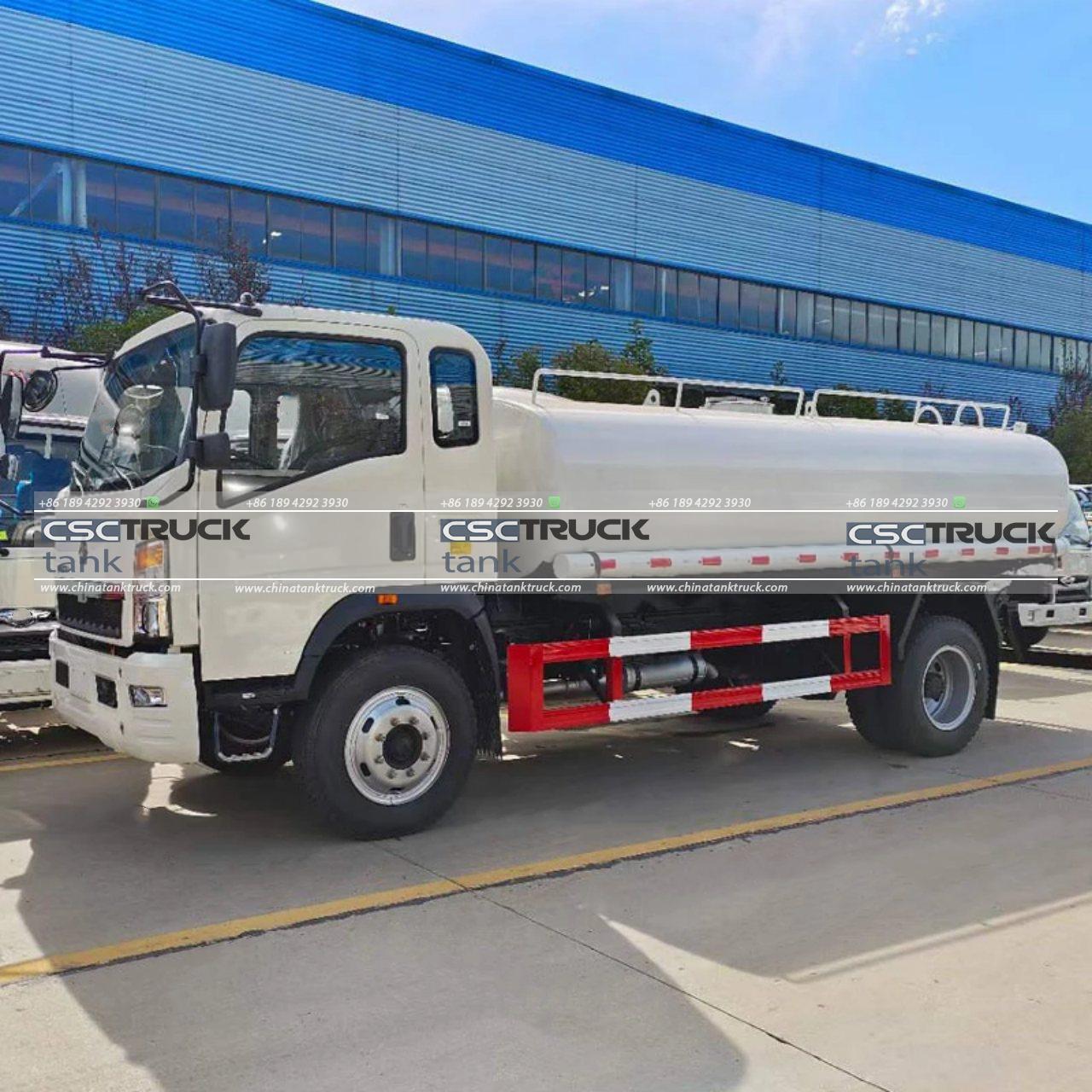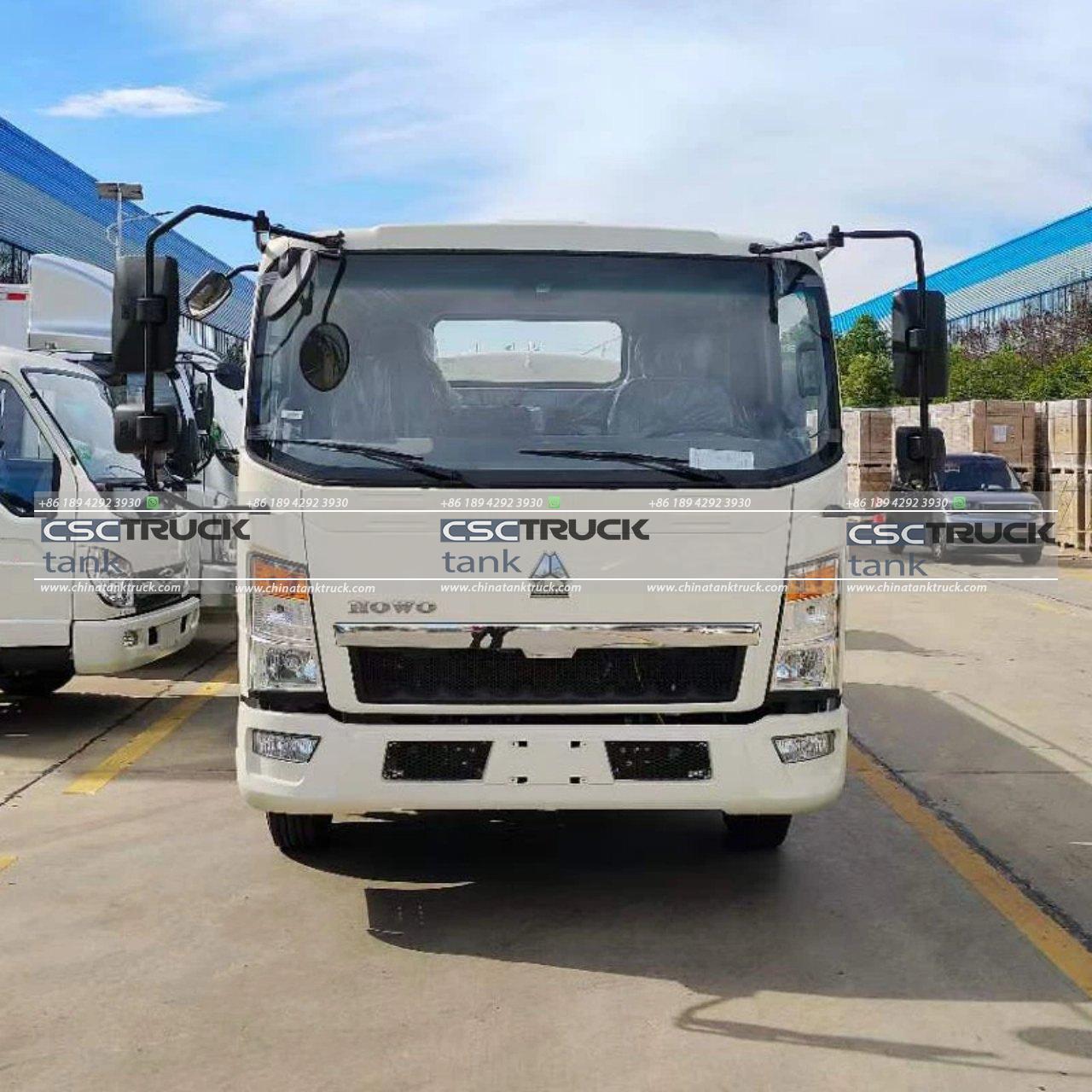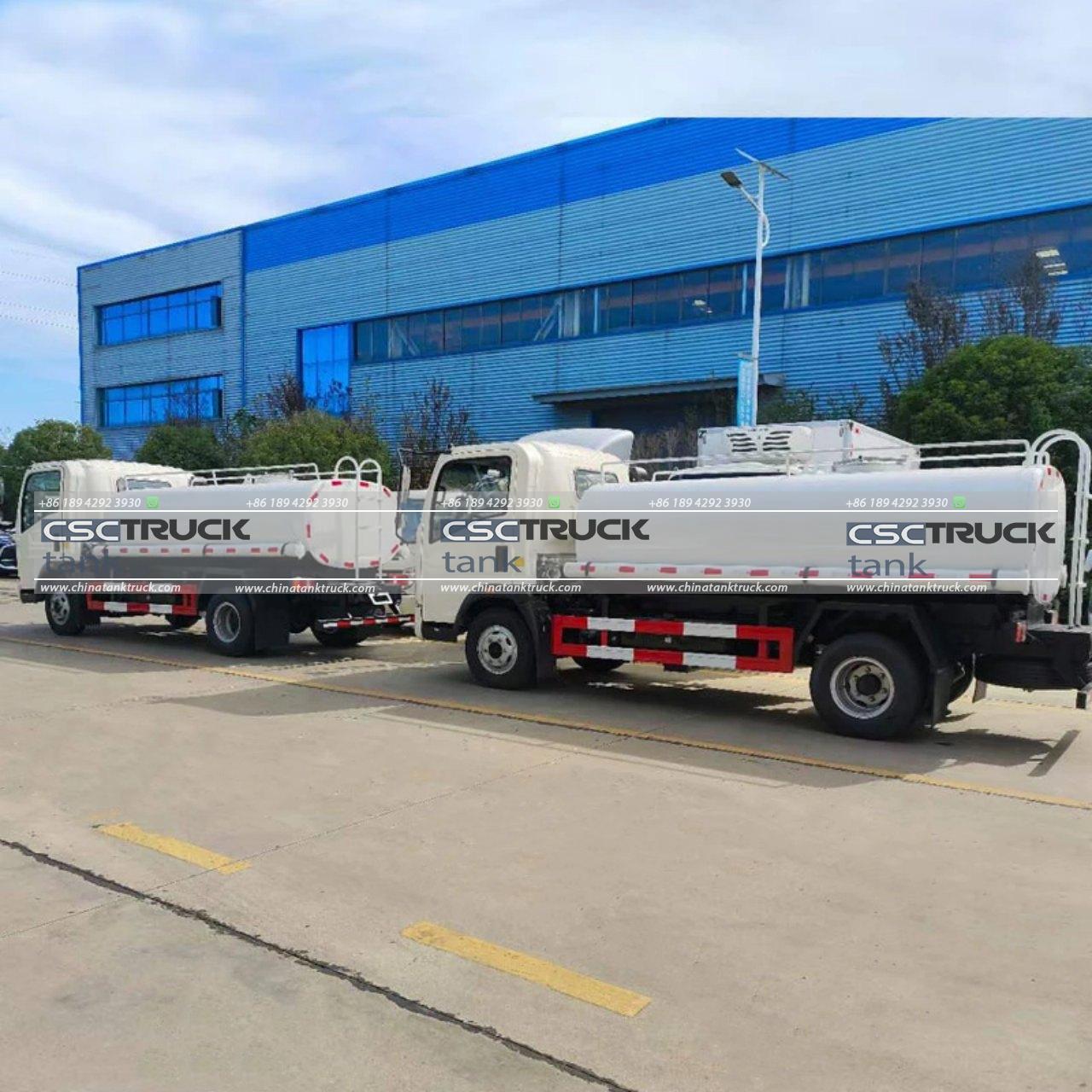Efficient Water Tank Trucks for Safe and Reliable Water Transport
In an era where efficient and safe water transport is critical to meet the needs of agriculture, firefighting, and urban water supply, water tank trucks play a pivotal role. Designed to transport large volumes of potable and non-potable water, these vehicles support a variety of industries, especially in remote and arid regions where reliable water access is challenging. With advancements in technology, the latest generation of water tank trucks combines efficiency, durability, and safety to provide a reliable solution for water transport. This article delves into the design, operational features, and benefits of modern water tank trucks, along with the factors that make them indispensable for water transport.
Key Features of Water Tank Trucks
Water tank trucks, also known as water tankers or water bowsers, are specifically built to carry substantial volumes of water. Here are some essential features that make them efficient and reliable:
1. Specialized Tank Materials: The tanks in water trucks are typically constructed from stainless steel, carbon steel, or aluminum alloy. Stainless steel is often preferred for potable water due to its resistance to corrosion and contamination, making it ideal for transporting drinking water. On the other hand, carbon steel, though more susceptible to corrosion, is widely used for non-potable water due to its durability and cost-effectiveness. The choice of material directly impacts the longevity and maintenance requirements of the water truck, especially when transporting treated or untreated water.
2. Tank Capacity and Configuration: Tank capacity ranges widely, from small trucks carrying 1,000 gallons (approx. 3,785 liters) to large units that can transport over 10,000 gallons (approx. 37,854 liters). The tanks often have baffle plates installed inside to reduce water sloshing during transit, which improves vehicle stability. Configurations can be customized to suit specific needs, such as fire fighting trucks that may need rapid water discharge or agricultural water trucks designed to irrigate large areas evenly.
3. Pump and Sprayer Systems: Equipped with high-quality pumps, water tank trucks can load and unload water quickly and efficiently. These pumps come with pressure adjustment features that allow control over water discharge rates, crucial for tasks that require precise water application, such as dust suppression or plant irrigation. Advanced sprayer systems, including side and rear spray nozzles, give operators the flexibility to control where and how the water is sprayed, enhancing utility in different environments.
4. Safety Features and Compliance: To ensure the safe transport of large water volumes, modern water trucks incorporate safety features like anti-lock braking systems (ABS), electronic stability control, and rollover protection. They are also built to comply with local and international standards, ensuring reliability and safety for operators and surrounding traffic. Compliance with regulatory standards like the U.S. Department of Transportation (DOT) or the European Agreement concerning the International Carriage of Dangerous Goods by Road (ADR) underscores a vehicle’s reliability and safety on public roads.

Enhancing Efficiency in Water Transport
Efficiency in water transport involves not only fuel economy but also operational reliability, speed, and ease of use. Here’s how modern water tank trucks are achieving this balance:
1. Fuel Efficiency and Reduced Emissions: Given the environmental impact of water tank trucks, manufacturers have increasingly integrated fuel-efficient engines and emissions control technologies. Hybrid and electric water trucks are also emerging, especially in urban areas, where emissions regulations are stricter. These eco-friendly vehicles reduce carbon footprints and align with global sustainability goals, making them suitable for companies and municipalities aiming to minimize their environmental impact.
2. Durable, Lightweight Designs: While stainless steel offers corrosion resistance, new tank materials and composites are emerging that provide the same strength at a fraction of the weight, leading to better fuel economy. Additionally, advanced manufacturing processes now allow for the production of lighter chassis and frames without compromising structural integrity. These innovations reduce the overall weight of the truck, enhancing fuel efficiency and reducing wear and tear on both the vehicle and road infrastructure.
3. Automation and Smart Technology: Many modern water tank trucks now incorporate GPS tracking, real-time monitoring systems, and automated controls. Operators can monitor water levels, and pump performance, and even schedule maintenance through digital interfaces, improving operational efficiency. Automated sensors and level indicators inform drivers of remaining water capacity while tracking systems enable fleet managers to optimize delivery routes and reduce downtime. These smart features reduce human error, enhance safety, and enable efficient resource allocation.
Applications and Uses of Water Tank Trucks
Water tank trucks are highly versatile and used in various industries that require large-scale water transport, especially in locations where fixed water sources are unavailable or insufficient. Below are some of the most common applications:
1. Firefighting: Fire departments utilize water tank trucks to access areas without hydrants or other reliable water sources. These trucks are essential in rural areas or during wildfires, where rapid and continuous water supply is critical. Firefighting water trucks often come with specialized nozzles and high-pressure pumps to ensure quick water delivery, enabling firefighters to control and extinguish flames efficiently.
2. Agriculture and Irrigation: Farmers rely on water tank trucks to irrigate fields, particularly during dry seasons or in drought-prone areas. With water tank trucks, farmers can quickly supply water to fields, pastures, and orchards, improving crop yield and reducing water stress. For large-scale operations, trucks with precise sprayer systems can distribute water evenly, optimizing water usage and promoting sustainable agriculture.
3. Construction and Dust Suppression: Construction sites generate considerable dust, which poses health risks and affects visibility. Water tank trucks with specialized sprayer systems are used to suppress dust, providing a safer environment for workers and nearby communities. These trucks are also employed in soil compaction activities, where controlled water application aids in preparing the ground for construction.
4. Municipal Water Supply and Emergency Relief: In urban areas facing water shortages, water trucks supply potable water to residents. During natural disasters, such as floods, earthquakes, or droughts, they are vital for emergency water distribution. In these situations, water trucks act as mobile water reservoirs, delivering safe drinking water to affected populations quickly and reliably.

Challenges and Future Prospects
Although water tank trucks are indispensable, the industry faces several challenges that influence their design and operation. Some of these challenges include rising fuel costs, maintenance demands, and the need to balance water capacity with weight limitations. Additionally, water scarcity and increasing demand for water in agriculture and industry place greater stress on water tank trucks, necessitating efficient water use and sustainable transport solutions.
Looking to the future, the integration of more electric-powered and hybrid water tank trucks is expected to reduce operating costs and emissions further. Moreover, with advancements in materials science, trucks could be designed with ultra-light, durable tanks that improve fuel efficiency and carry more water. Smart technology and automation will continue to evolve, making it possible to monitor real-time water quality, and tank conditions, and optimize routing for faster and more economical water delivery.
Conclusion
Water tank trucks are invaluable assets for safe, reliable, and efficient water transport. From firefighting and construction to emergency relief and agricultural irrigation, these trucks provide a mobile solution that meets the unique water supply needs of various industries. Innovations in materials, fuel efficiency, and smart technology continue to drive their evolution, ensuring that water tank trucks remain an effective tool in combating water shortages and supporting sustainable water management practices.
With a clear focus on safety, reliability, and environmental responsibility, modern water tank trucks exemplify a high standard in water transportation. As technology advances, they will continue to adapt to the demands of different applications, providing an essential link in the global water supply chain.


